Mental health is not just the absence of mental illness. It is a state of well-being in which every individual realizes his or her own potential, can cope with the normal stresses of life, can work productively and fruitfully, and is able to make contributions to his or her community.
A simple shift in perspective in relations to mental health being all inclusive rather than solely mental illness focussed allows for discussion, openness and a willingness to engage when the topic of mental health comes to the forefront. Mental health professionals becomes less stigmatized because you can speak to them about all aspect of wellness; mental health discussions become more commonplace as we recognize it as all encompassing; the fear connected to illness lessens as conversations involve not only struggles but ways to cope and thrive despite what challenges present themselves.
Common concerns related to mental health and athletes.
- Increased concern about individual wellness
- Worry about how athletes are impacted by the way Covid has changed the norm
- Lost connection
- Lost opportunity
- Lack of purpose
- Isolation
Athletes have more exposure to certain stressors than the average young person. They also have lower rates of accessing support if they struggle. With less face-to-face time your ability to touch base, to recognize changes in behaviour has severely diminished. The fact that you have concerns demonstrates care and that gets us half-way there! If you are still connected to your athletes take the time to connect, let them know you’re concerned and validate where they are at. Starting the conversation can be an incredible way to engage young people and to let them know you are there for them.
If you attend to the culture - you attend to the individual.
Keep in mind the power of being open and discussing commonalities. Acknowledging that you don’t have the answers, can’t predict what is next to come and admitting frustration can do a lot when it comes to supporting one another. Don’t forget that the environment you create within your team has a profound influence on their mental health.
Reasons we don’t reach out
- Fear of saying the wrong thing
- Not having the answers
Culture has decided that mental health should be left to the professionals. But everyone can have an impact on mental health. There is great concern around saying or doing the wrong thing and that is understandable. We are not suggesting that people start counselling or advising others in areas they have little knowledge. However, look at it as being a good human. Be kind, care for each other, pay attention, and reach out by checking in with people and asking how they are doing.
You don’t have to have the answers or solutions. When we show people that we care about them, when we validate how they are feeling it can have a huge impact on their capacity to cope and feel valued.
Becoming EMPOWERED
Mental health has become scary but not for the reasons we may think. People are generally afraid to do the wrong thing, to cause harm and it has generated a fear that has encouraged people to pull back. It is not the time to pull back! By all means do not go beyond your capabilities but much of removing the fear lies in purely being you.
- You have supported people in the past
- Granted maybe not in mental health but support is support - you know what it looks like
- Ask questions
- Not in the way we ask people how they are as we walk past them but deliberately with some time to give if they need to talk
- Be empathetic
- You don’t have to share experiences in order to understand how it might feel
- Take the time to listen
- You don’t have to have solutions in order to listen
- Be honest
- Let people know you don’t know what to do if you don’t know what to do. Also let them know that you will be there however they need you to be there
Last but not least
Thank you for caring about athletes, for worrying about others and being committed to ensuring the safety and wellbeing of those who have been lucky enough to have you in their lives. If you need support in navigating how to better support your team please reach out to HONE.
WATCH THE VIDEO:
Demystifying Athlete Mental Health
The mental health of our young people is suffering. Join psychotherapists Jessica Renney and Paula McQuaid as we will take a look at what mental health means and how a minor shift in perspective can help our athletes.


